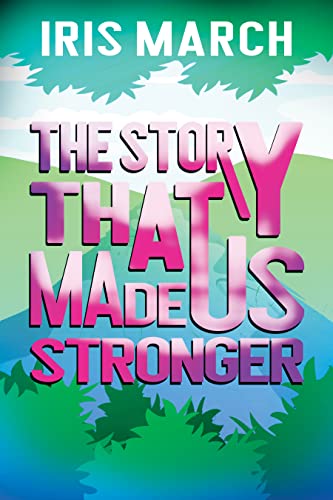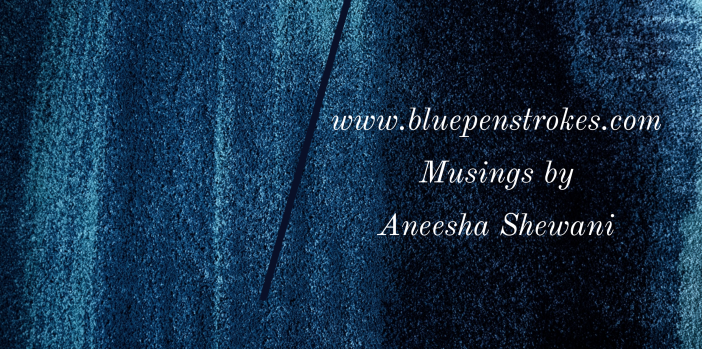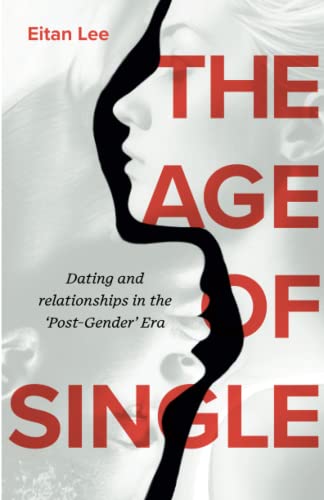
Book: The Story That Made Us Stronger
Author: Iris March
Genre: Fiction, Mystery
Review copy: Reedsy Discovery
Available at: Amazon
Recommended: Must Read
A book that reverberates with hope and the power of goals to keep us going even in the face of challenges.
The Story That Made Us Stronger by Iris March is a novel that glistens with hope and sparkles with the endurance of the human mind and body. It’s a bittersweet story told from the viewpoints of a nurse and his patient, who is undergoing treatment for cancer. A mysterious building with an unknown past draws them together into a bond as they both seek to achieve their goals.
As Connor Jackson goes around investigating the building that attracted his attention during his daily runs, Katie Brandt finds a diversion in his reports to learn more about the abandoned structure. Connor is her window to a world that is becoming increasingly distant as she struggles with the impact of cancer treatment. Connor has a loving extended family but he has inner battles and preparing for a marathon is his way to find purpose in his life beyond work and family.
This story is about compassion and a journey of healing. The tenderness of Connor as a nurse and Katie as a young mother fighting to get well for her family is the central theme of this book. However, the more exciting bit is the mystery of a rundown building with a strange pole. This part keeps the story moving along and connects the reader with Connor and Katie’s journey. In the storyline about the building, I see a metaphor for the unknown that we always seek to unveil, to understand, and the mission that keeps us going on each day. We all need a mystery to pursue because sometimes what we go through in our mundane existence is too hard on us.
A book about illness, particularly about cancer can be melancholy but the writer brings to us Katie’s struggle in the least overwhelming way possible. There is a distinct warmth flowing through the pages of the book – a subtle energy that pulls at your heartstrings, and the promise of a mystery that you want to solve. The narration is smooth and balanced. It includes cancer information and its treatment. Connor and Katie’s experiences are entwined in the pages of a book where there is a thrill, a budding romance, and most importantly hope. This book brims with humanness and is an endearing read. I highly recommend it for a gentle summer evening or a bus ride home.


